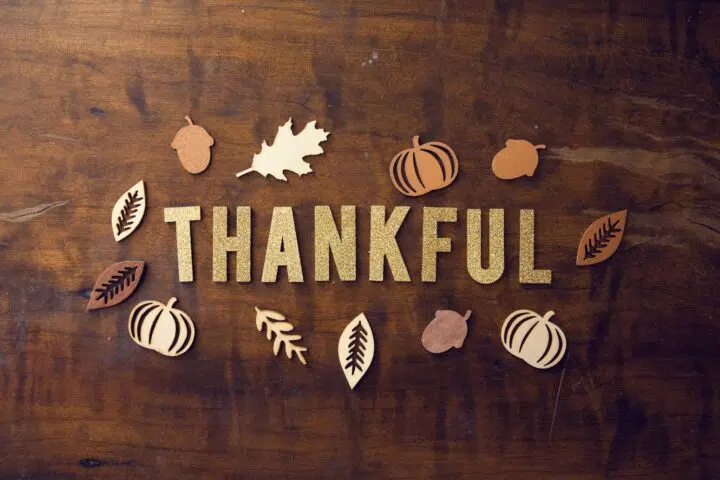Since rewatching the broadcast of Come From Away—the Broadway musical now streaming on Apple TV— I’ve had the song “Make Me a Channel of Your Peace” stuck in my head. We sang it often at mass when I was growing up, and I found it to be not only a beautiful melody, but wonderfully aspirational in its lyrics. That’s the person I most wanted to be: someone who sowed light and love and hope in the world. Someone who understood that in giving we receive. Someone who was an instrument of peace. I took those goals very much to heart and I’ve tried to weave them into my life and work.
But something struck me this time hearing that song. There’s a section in which the lyrics direct us to “seek less to be consoled than to console, less to be understood than to understand, and less to be loved than to love.” As a child, I understood that to mean in order to be a truly good and worthy person, I must always, always put others before myself, and that it was “ungodly” to ever seek to be understood or consoled, and even a bit selfish to long for love. After all, the song uses the word “never.” One should never seek to be consoled rather than consoling someone else, even in the worst of times. At least that’s how I took it.
I’m not sure why the writers chose to include that song in Come From Away, which is the story of the passengers on 38 planes who were rerouted to Newfoundland during the aftermath of the 9-11 attacks and the townspeople who took them in. On the one hand, the townspeople seem to embody the messages in the song, doing everything they can to bring comfort to the passengers. But the passengers are the receivers of all that care. They are asking to be understood, consoled, and loved, and they are receiving just that.
Watching the performance, I realized that in taking those words so much to heart as a kid, I failed to recognize you can’t offer consolation unless there is someone who needs it. And maybe sometimes that person will be you.
The early days of the pandemic seemed to make it easier in some ways to be there for each other. We’d get on Zoom calls and share our ups and downs. And as each person talked, the rest of us offered comfort and support. Then it was our turn to talk about our struggles, and their turn to love us in return.
But social and political unrest took us in the other direction. There, our own beliefs and hurts seemed to overshadow everything else. We often didn’t even try to understand, much less console or love. And all that negativity has worn us down.
The song asks us to bring hope to the world, and that’s really important, now especially. But that’s pretty hard to do if we don’t feel it first. Maybe the words “make me a channel of your peace” mean simply to create an opening in our hearts for peace and hope to fill us first, so we can use that energy to serve others, to create art, to uncover new solutions and bright ideas, and to advocate positively for the changes we want to see in the world.
If it’s your turn to seek consolation, pardon, understanding, or love, please ask for it. Do whatever you need to do to fill back up on hope. History is strewn with times when our challenges seemed insurmountable, yet with hope, we have always found a way. Take care of yourself so you can care for others. Be that kind of channel.
By Teresa R. Funke
If you like this post, please share and credit Teresa and Bursts of Brilliance for a Creative Life blog



